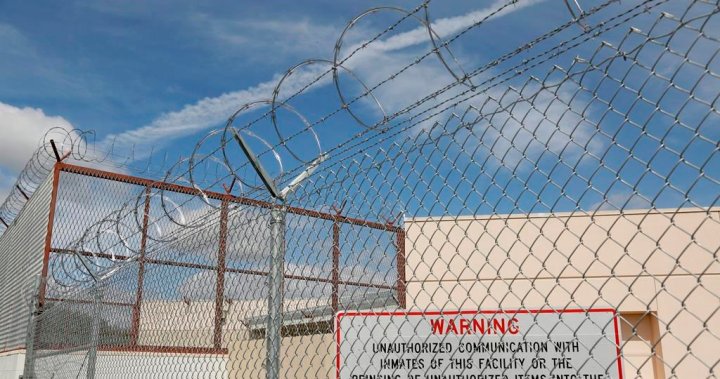There are no clear answers on whether federal politicians accused of “wittingly” colluding with foreign states could run in the next election.
A stunning report by the federal national security committee of parliamentarians Monday revealed that multiple federal politicians allegedly knowingly participated in foreign interference schemes over the last five years.
That’s spurring concerns about whether those individuals should be named, removed from their current positions or roles and barred from running again in the next election, as the Liberal government continues to refuse to reveal their identities.
The chair of the committee, Liberal MP David McGuinty, said he is not in a position to say whether those as-yet unidentified politicians will be allowed to run under their parties’ banners.
McGuinty said the members of the committee of parliamentarians — which includes representation from all parties, as well as senators — are bound by Canada’s official secrets law.
“That means if they inadvertently reveal information, they can be prosecuted…. The committee’s hands are tied,” McGuinty said on his way to the Liberal caucus meeting Wednesday.
The email you need for the day’s
top news stories from Canada and around the world.
By law, the Liberals must call an election by October 2025.
It’s unclear if the identities of the alleged colluders will be revealed by then — if they will be permitted to stand for re-election, or if they are sitting MPs now.
But the report has set off a wave of speculation and concern in the halls of Parliament with both the New Democrats and the Bloc Québécois demanding action.
The NSICOP report released Monday described several activities involving parliamentarians allegedly collaborating with countries like China and India, including revealing state secrets and accepting money or favours from diplomats.
In one of the most serious examples, a parliamentarian allegedly passed on confidential government information to a “known intelligence officer of a foreign state.”
“If someone has actively co-operated … who had a relationship with a foreign agent, that person should be named in the shorter term and fuller allegations should be laid out and we should have due process,” Toronto Liberal MP Nathaniel Erskine-Smith said.
Deputy Prime Minister Chrystia Freeland said Tuesday that there will be an internal followup on the allegations outlined in the report but did not explain what that “followup” would look like.
Freeland refused to take questions about the matter Wednesday.
Public Safety Minister Dominic LeBlanc, who oversees the foreign interference file, also dodged reporters on his way into caucus.
After the release of the NSICOP report, LeBlanc said he disagreed with certain elements of it but would not say what he found problematic, citing national security concerns.
McGuinty did not address questions about LeBlanc’s criticism over the committee’s report but said the public safety minister has reached out to MPs asking them “to consider getting briefed by the sergeant-at-arms in terms of what foreign interference is.”
The National Security and Intelligence Committee has been chaired by McGuinty since its creation in 2018.
Unlike in other Five Eyes countries, the committee does not report to Parliament but instead reports directly to the prime minister, whose office can redact elements of its reports that officials believe could risk national security before they are made public.
The Five Eyes is an intelligence alliance made up of Canada, the U.S., the U.K., Australia and New Zealand.
— with files from Alex Boutilier
© 2024 Global News, a division of Corus Entertainment Inc.



